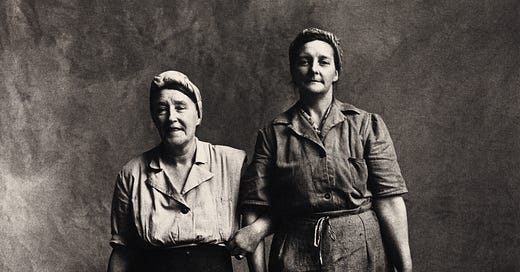First Citizens to acquire SVB's US$16.5 billion Tech & Life Sci loan portfolio for free
Will the deal set off a game of "Musical Chairs"?
Michael Jordan’s Charlotte Hornets NBA franchise isn’t too far up the road from the headquarters of Raleigh-based First Citizens Bank, which makes his "Always turn a negative situation into a positive situation" motto seem appropriate as the news breaks that Silicon Valley Bank has a new owner.
The details are just starting to come out, but here’s what’s seems most interesting:
First Citizens Bank is based in North Carolina’s “Research Triangle,” which means the FDIC wouldn’t have had to convince management that SVB’s client base have an outsize, appealing role in the American economy
First Citizens is the largest “family-controlled” bank in the USA; on its 3rd generation of family management
First Citizens has extensive experience with smaller acquisitions, such as CIT in 2022, which would have been of some comfort to Regulators once they decided that banks such as JP Morgan wouldn’t be eligible, and certain regionals (PNC) apparently passed
SVB’s name will continue to adorn its branch network, which makes total sense
First Citizens is taking on all of SVB’s deposits and loans
According to the FDIC, SVB’s US$72 billion loan book is coming at a 23% discount ($16.5B), which in essence means that the ENTIRE US$16.3B tech, life science and clean tech drawn loan portfolio has been written down to zero; given SVB’s credit losses are very modest, in good or bad times, that stands out
The balance of the acquired $72B loan book is made up of ~US$40.5B of very low-risk capital call loans, plus mortgages, personal loans to VCs, the former Boston Private bank loan book, a US$2.9B exposure to the U.S. wine industry, US$2.6B to CRE, and so forth
With a market cap. of US$8.5 billion as of last week, and assets of just over US$100 billion, this is a huge deal for First Citizens shareholders; it wasn’t that long ago when SVB’s market cap was > US$25 billion
No news as to where SVB’s warrant portfolio wound up
During an appearance on CNBC this morning, First Citizens CEO Frank Holding Jr. said that the process was “competitive,” and time will tell whether he’s referring to other commercial banks or Alternative Asset managers such as the rumoured interest of Apollo Management, for example. Whatever Apollo was offering for the Tech loan book, you can be sure it wasn’t at a 100% discount to the face value of the portfolio. That said, I suspect that the huge Capital Call loan book was of no appeal to the private credit market, given its thin pricing requires that it be funded by bank deposits — so the FDIC can’t be blamed for wanting to avoid a piecemeal sale if it could be avoided.
The FDIC clearly wanted to bring stability to the banking system and find a good home for SVB’s deposit clients as well as its borrowers, and the stock market is already showing signs of relief that this situation has been resolved. That would have been the primary goal of the last couple of weeks. The acquisition agreement also has loss and gain sharing features, which was likely fair to both the FDIC as well as First Citizens.
This month represents the 125th anniversary of the founding of First Citizens, and you can imagine the excitement that a self-described “conservative, relationship bank” will be feeling. According to Mr. Holding, his team has “much more in common than not” with SVB’s lenders, and his plan is to be “listening and learning to their expertise in the venture sector.” Now, some VCs may not like to hear SVB’s new CEO trumpet that its a “conservative bank,” but since the FDIC’s mission today was to calm the deposit markets, they shouldn’t be surprised at the messaging.
Over the coming days and weeks, hundreds of SVB lenders and thousands of SVB clients will assess what this deal means for each of them. Your guess is as good as mine whether or not this sets-off a game of “Musical Chairs.”
With First Citizens shares soaring 25% in the pre-market, and a better bid for names such as First Republic, the early signs are excellent.
Charwomen, 1950, Irving Penn




